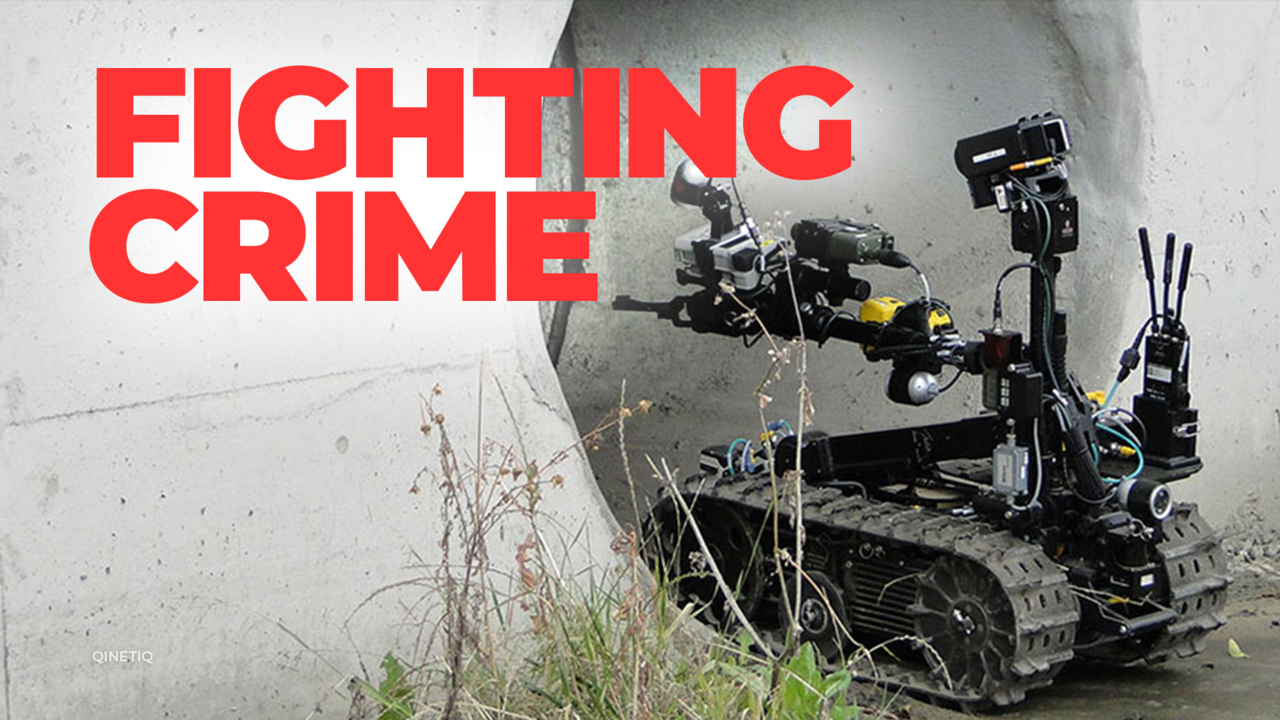
From applying deadly force using crime fighting robots, to loosening the punishments for gun crimes. Two cities, on opposite ends of the country are in two very different places in their fight for criminal justice.
In San Francisco, the Police Department has a draft policy that would allow specially trained officers to use deadly force with crime fighting robots.
According to the plan, the robots will be used only in limited circumstances including criminal apprehensions, critical incidents, executing a warrant or during suspicious device assessments.
The use of deadly force will be used only quote: when risk of loss of life to members of the public or officers is imminent and outweighs any other force option available to SFPD.
The department is writing the policy to fall in line with a California law that requires departments to get their plans approved before receiving funds for, using or obtaining this type of equipment.
In Washington DC, the city council approved a complete overhaul of its criminal code. The comprehensive 536 page bill received unanimous support from the city council.
Pinto says: “It really will do a lot to modernize, standardize our code. Which will make things more standard and fair both for prosecution and defense.”
But there are a number of penalty reductions for gun related crimes and carjackings that received some pushback, and Mayor Muriel Bowser has not ruled out vetoing the measure. This is what Councilmembers said when responding to an amendment that would have increased the penalties for illegal gun possession. Under the current version of the law, mandatory minimums will be eliminated and the overall sentences will be reduced.
Cheh says: “this is not the time to loosen penalties for gun possession. Yes, let’s eliminate mandatory minimums, but let’s not impose this artificial ceiling.”
Allen says: “We acknowledge that gun possession without the use of that gun is not as dangerous or harmful as when that gun is used to frighten, threaten, hurt or god-forbid kill someone. It’s a fundamental principle of the RCCA that penalties should increase based on the harm committed.”
Even if Mayor Bowser signs the bill, it still needs to be approved by the US Congress, because DC is a federal district.






